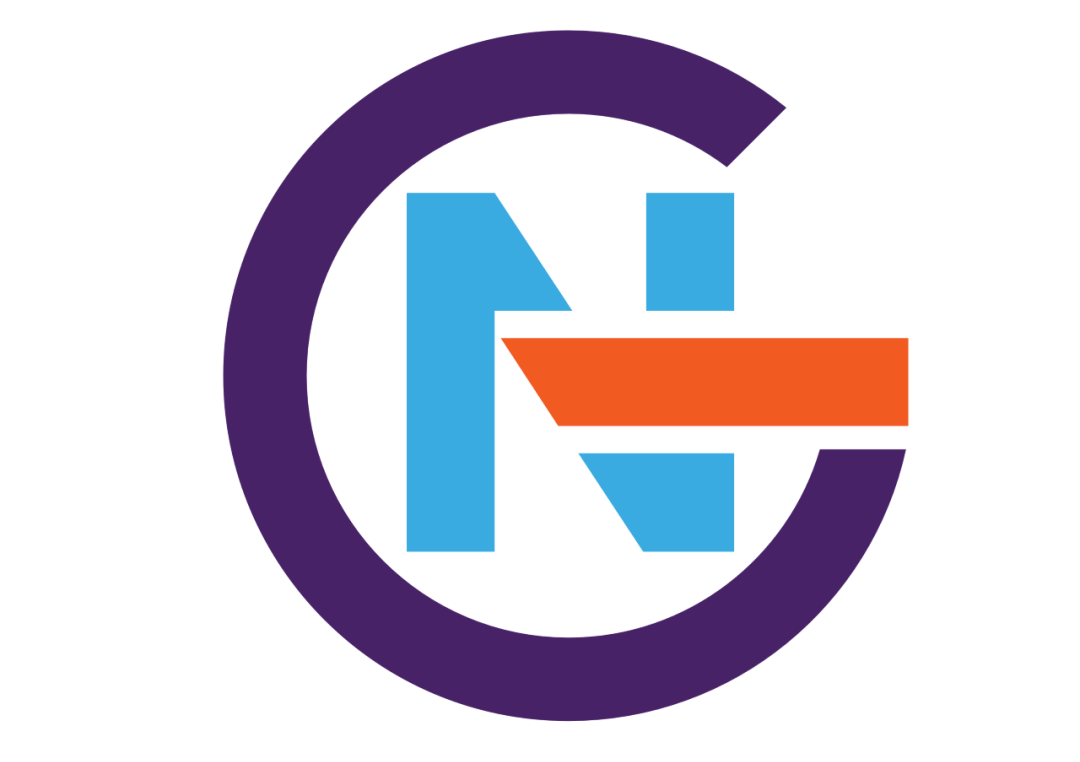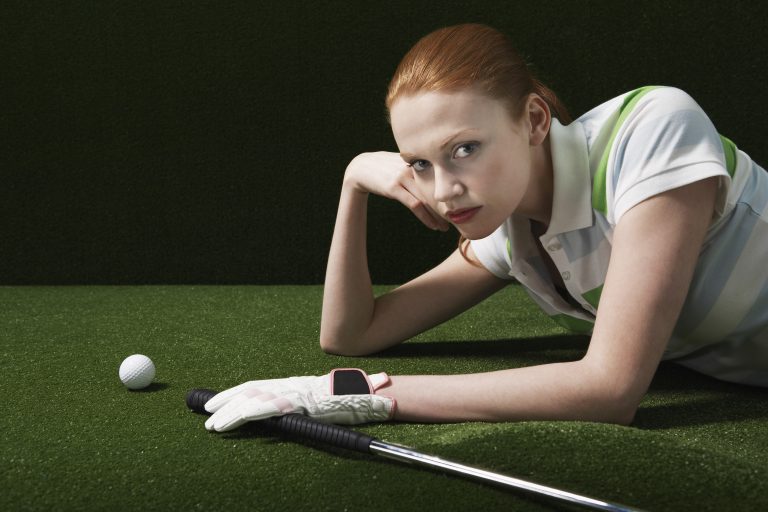I wanted to bring the feminine voice to the world of gamification when it was largely dominated by men in 2012. One of my reasons was that a lot of the designs I saw early on were very competitive and didn’t appeal to me. I then researched whether this was just a hunch of one female or whether this was more widespread. In fact, it is more widespread and not even exclusive to women to not want to engage in competition all of the time at work. What I also found is that women are harsher judges of their abilities which will prevent them from entering a competition. Feeling feminine and masculine seems more of a spectrum rather than a gender rule and as I keep being told in projects it depends on the situation.
When embarking on inclusive design, the following basics give good guidance:
Inclusive environments will:
- be responsive to people’s needs
- be flexible in use
- offer choice when a single design solution cannot meet all users’ needs
- be convenient so they can be used without undue effort or ‘special separation’
- be welcoming to a wide variety of people, making them feel they belong
- accommodate without fuss or exception those who have specific requirements
The key to getting the mix right in gamification and user experience design is to engage with your users. I still find it fascinating that a lot of organisation in our work, do not believe in consulting their target audience. For us, it is an essential part of our process and it is what get’s us better results.
So here is my question for you, where can you be more inclusive in your workplace based on the simple pointers given above?
https://gamificationnation.com/inclusive-by-design/






